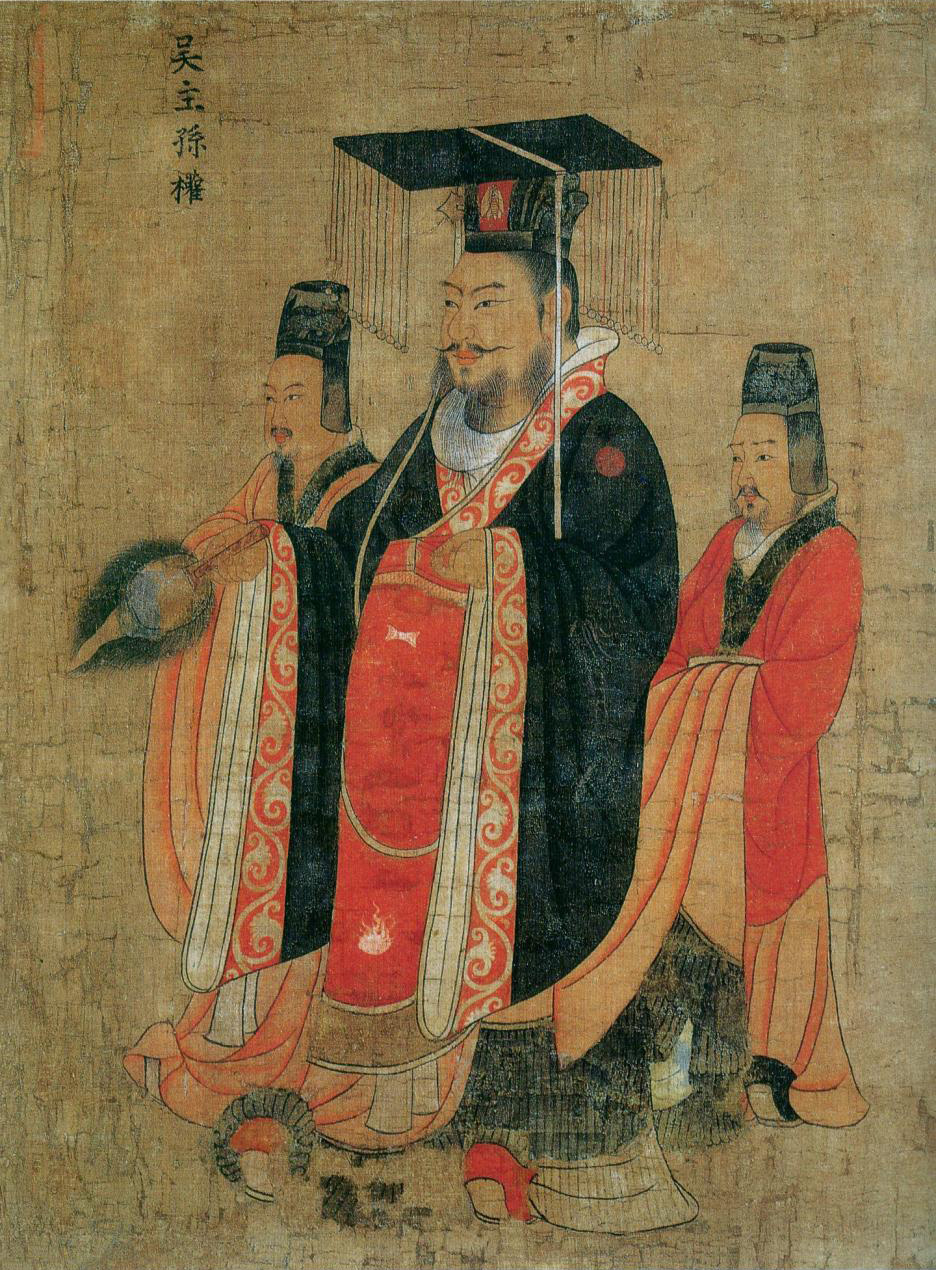229 on:
[Wikipedia]
[Google]
[Amazon]
 __NOTOC__
Year 229 ( CCXXIX) was a common year starting on Thursday (link will display the full calendar) of the
__NOTOC__
Year 229 ( CCXXIX) was a common year starting on Thursday (link will display the full calendar) of the
 __NOTOC__
Year 229 ( CCXXIX) was a common year starting on Thursday (link will display the full calendar) of the
__NOTOC__
Year 229 ( CCXXIX) was a common year starting on Thursday (link will display the full calendar) of the Julian calendar
The Julian calendar, proposed by Roman consul Julius Caesar in 46 BC, was a reform of the Roman calendar. It took effect on , by edict. It was designed with the aid of Greek mathematicians and astronomers such as Sosigenes of Alexandr ...
. At the time, it was known as the Year of the Consulship of Severus and Cassius (or, less frequently, year 982 '' Ab urbe condita''). The denomination 229 for this year has been used since the early medieval period, when the Anno Domini
The terms (AD) and before Christ (BC) are used to label or number years in the Julian and Gregorian calendars. The term is Medieval Latin and means 'in the year of the Lord', but is often presented using "our Lord" instead of "the Lord", ...
calendar era
A calendar era is the period of time elapsed since one '' epoch'' of a calendar and, if it exists, before the next one. For example, it is the year as per the Gregorian calendar, which numbers its years in the Western Christian era (the Copti ...
became the prevalent method in Europe for naming years.
Events
By place
Roman Empire
* EmperorAlexander Severus
Marcus Aurelius Severus Alexander (1 October 208 – 21/22 March 235) was a Roman emperor, who reigned from 222 until 235. He was the last emperor from the Severan dynasty. He succeeded his slain cousin Elagabalus in 222. Alexander himself was ...
and Dio Cassius are joint Consuls
A consul is an official representative of the government of one state in the territory of another, normally acting to assist and protect the citizens of the consul's own country, as well as to facilitate trade and friendship between the people ...
.
China
* February–May –Battle of Jianwei
The Battle of Jianwei was fought between the contending states of Shu Han and Cao Wei in the Three Kingdoms period of China. The battle was also the third of a series of military campaigns against Wei launched by Shu's chancellor, Zhuge Lian ...
: The state of Shu Han is victorious over the state of Cao Wei
Wei ( Hanzi: 魏; pinyin: ''Wèi'' < Middle Chinese: *''ŋjweiC'' <
June 23 – Chinese warlord Sun Quan formally declares himself emperor of the Eastern Wu state. The city of Jianye (modern
Nanjing
Nanjing (; , Mandarin pronunciation: ), alternately romanized as Nanking, is the capital of Jiangsu province of the People's Republic of China. It is a sub-provincial city, a megacity, and the second largest city in the East China region. T ...
) is founded as the capital of Eastern Wu. The independent kingdoms in Cambodia
Cambodia (; also Kampuchea ; km, កម្ពុជា, UNGEGN: ), officially the Kingdom of Cambodia, is a country located in the southern portion of the Indochinese Peninsula in Southeast Asia, spanning an area of , bordered by Thailan ...
and Laos become Eastern Wu vassals.
* Eastern Wu merchants reach Vietnam
Vietnam or Viet Nam ( vi, Việt Nam, ), officially the Socialist Republic of Vietnam,., group="n" is a country in Southeast Asia, at the eastern edge of mainland Southeast Asia, with an area of and population of 96 million, making i ...
; ocean transport is improved to such an extent, that sea journeys are made to Manchuria
Manchuria is an exonym (derived from the endo demonym " Manchu") for a historical and geographic region in Northeast Asia encompassing the entirety of present-day Northeast China (Inner Manchuria) and parts of the Russian Far East (Outer M ...
and the island of Taiwan
Taiwan, officially the Republic of China (ROC), is a country in East Asia, at the junction of the East and South China Seas in the northwestern Pacific Ocean, with the People's Republic of China (PRC) to the northwest, Japan to the nort ...
.
By topic
Art and Science
* Ammonius Saccas renews Greek philosophy by creatingNeoplatonism
Neoplatonism is a strand of Platonic philosophy that emerged in the 3rd century AD against the background of Hellenistic philosophy and religion. The term does not encapsulate a set of ideas as much as a chain of thinkers. But there are some i ...
.
Deaths
*Cao Li
Cao Li (208 – May or June 229) was a prince in the state of Cao Wei in the Three Kingdoms period of China. He was a son of Cao Pi, the first emperor of Wei. His mother, Consort Xu (徐姬), was a concubine of Cao Pi. He had two full sisters: t ...
, Chinese prince of the Cao Wei
Wei ( Hanzi: 魏; pinyin: ''Wèi'' < Middle Chinese: *''ŋjweiC'' <
208
Year 208 ( CCVIII) was a leap year starting on Friday (link will display the full calendar) of the Julian calendar. At the time, it was known as the Year of the Consulship of Aurelius and Geta (or, less frequently, year 961 ''Ab urbe condita' ...
)
* Cao Yong, Chinese prince of the Cao Wei state
* Zhao Yun
Zhao Yun ( ) (died 229), courtesy name Zilong (), was a military general who lived during the late Eastern Han dynasty and early Three Kingdoms period of China. Originally a subordinate of the northern warlord Gongsun Zan, Zhao Yun later came ...
, Chinese general of the Shu Han state
References
{{DEFAULTSORT:229